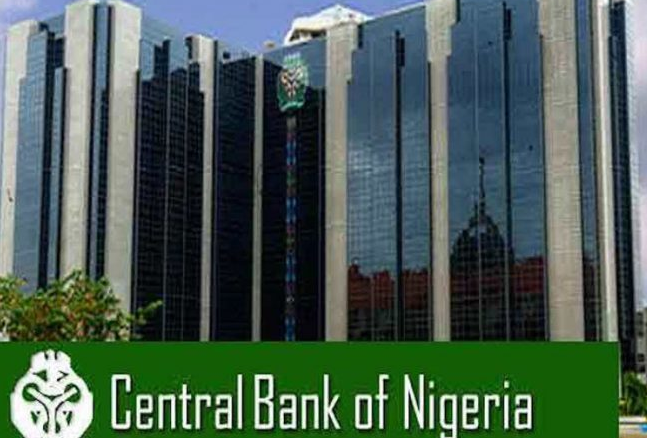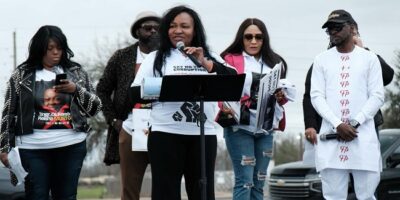BOFIA Tightens Noose On Banks’ Control Of Dormant Accounts

- MPC holds last meeting in 2020, to fight recession
The Banks and Other Financial Institutions Act (BOFIA) 2020 has tightened the noose on banks’ control of funds in dormant accounts as well as the procedure for reclaiming such funds by owners of such bank accounts.
A dormant account is one with no financial activity for a long period of time. The handling of bank accounts designated as dormant and those without Bank Verification Numbers had resulted in much money lying idle in the banking sector. This has prompted stakeholders to call for definite provision to accommodate such abandoned funds and provision for the treatment of dormant accounts.
The CBN’s Monetary Policy Committee (MPC) is also billed to hold its final session for 2020 from today to tomorrow and fashion out measures to quicken Nigeria’s exit from recession.
Data from the National Statistics Bureau had shown at the weekend that Nigeria slipped into its second recession under the Buhari administration and the worst in 33 years.
According to gross domestic product numbers released by the NBS, the economy contracted 3.62 per cent in the third quarter of 2020, making it the second consecutive quarterly GDP contraction since the recession of 2016. The cumulative GDP for the first nine months of 2020, therefore, stood at -2.48 per cent.
The last time Nigeria recorded such cumulative GDP was in 1987, when GDP declined by 10.8 per cent.
However, the BOFIA 2020, which was assented to recently by President Muhammadu Buhari, states that
where a current or savings account has not been operated for a period of one year or such other period as the bank may specify, from time to time, no withdrawal shall be made on the account except with the approval of two authorised signatories of the bank, specialised bank or other financial institution involved.
It explained that such accounts shall be transferred to a separate register of dormant accounts and remain deposit liabilities in the books of the bank, specialised bank or other financial institution and the account holders would be notified in writing.
Where an account, which is transferred under sub-section (2) of this section is subject to a service charge, the charge may continue to be levied up to the date on which the account was transferred to the register of dormant accounts.
Where an account which is transferred under sub-section (2) of this section is interest-bearing, interests shall be applied to the account up until the time when the balance is transferred to the bank in accordance with subsection (8) of this section.
Where an account is transferred to the register of dormant accounts and has been on the register for ten years, the bank, specialised bank or other financial institution shall advertise in at least two daily newspapers with national circulation, giving notice that the account has been transferred to the register of dormant accounts.
The new legislation requires all banks to submit to the central bank quarterly reports on all dormant accounts stating the efforts made by the financial institutions to locate the account holders.
It prescribed that an account, which has been transferred under sub-section (2) of this section, may only be transferred out of the register following a request by the depositor or the legal representative of the depositor, where such depositor is dead or incapacitated, once all necessary identification and evidence of account ownership has been established by the bank.
It said:
Where an account has been in the register of dormant accounts for 10 years, the bank, specialised bank or other financial institution shall after the advertisement under subsection (5) of this section, transfer the balance on the account including the interest earned to an account earmarked for that purpose at the bank.
Where a balance has been transferred under sub-section (8) of this section, the bank shall refund the balance to the depositor, or if the depositor is deceased, to the legal representative of the depositor’s estate, once the bank is satisfied that the claimant is the owner of the funds requested.
The bank shall invest the funds deposited with it pursuant to sub-section (8) of this section, in treasury bills or other securities as the bank, may determine and interest accrued on any such sums shall be payable to any claimant pursuant to subsection (9) of this section.
The bank shall issue guidelines on the administration of unclaimed funds in banks, specialised banks and other financial institutions pursuant to the provisions of this Act.
Meanwhile, the MPC is to hold its two-day meeting, which is the last for 2020, today.
This comes two days after the NBS revealed that Nigeria’s real GDP contracted for the second consecutive quarter by 3.62 per cent in the third quarter of the year, as the country officially went into a second economic recession, after the first in 2016.
During the Q3 2020, aggregate GDP stood at N39.09 trillion in nominal terms, compared to N34.34 trillion in the second quarter, while real GDP stood N17.82 trillion, compared to N15.89 trillion in the preceding quarter.
Analysts at Greenwich Merchant Bank expect the MPC members to be focused on how to stimulate growth.
They added:
We believe the committee faces a myriad of challenges such as the surging inflation numbers, the streak of pressures at the FX window, alongside several other factors that constrain an economic recovery. Against this backdrop, the committee could weigh the option of either hiking, loosening, or maintaining the status quo.
While tightening may curb inflationary pressures, increase capital flows and strengthen external reserves, it may dampen the progress made by real sector players towards accessible credit and may further weaken growth prospects. This may reverse the feat achieved in credit growth to the real sector.

Justin Nwosu is the founder and publisher of Flavision. His core interest is in writing unbiased news about Nigeria in particular and Africa in general. He’s a strong adherent of investigative journalism, with a bent on exposing corruption, abuse of power and societal ills.













